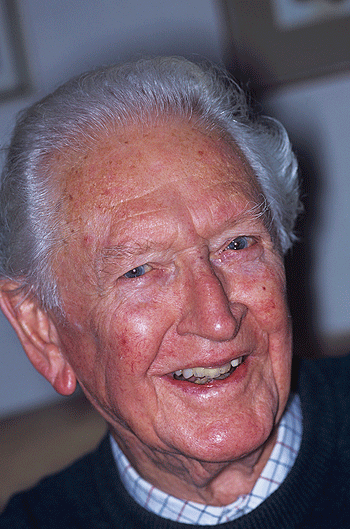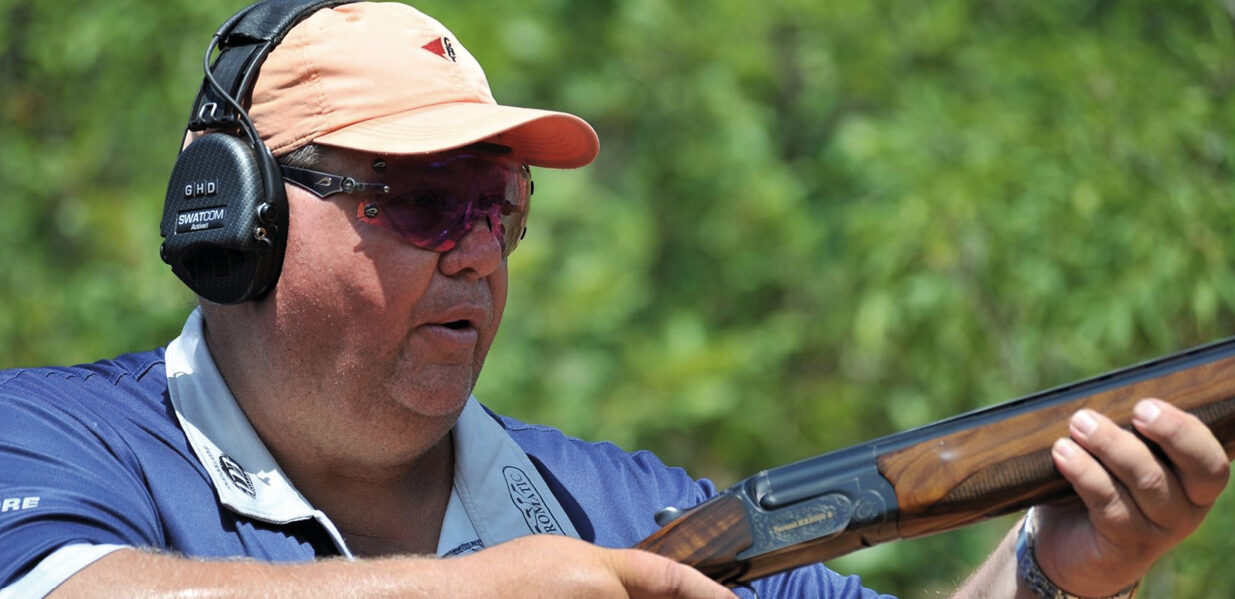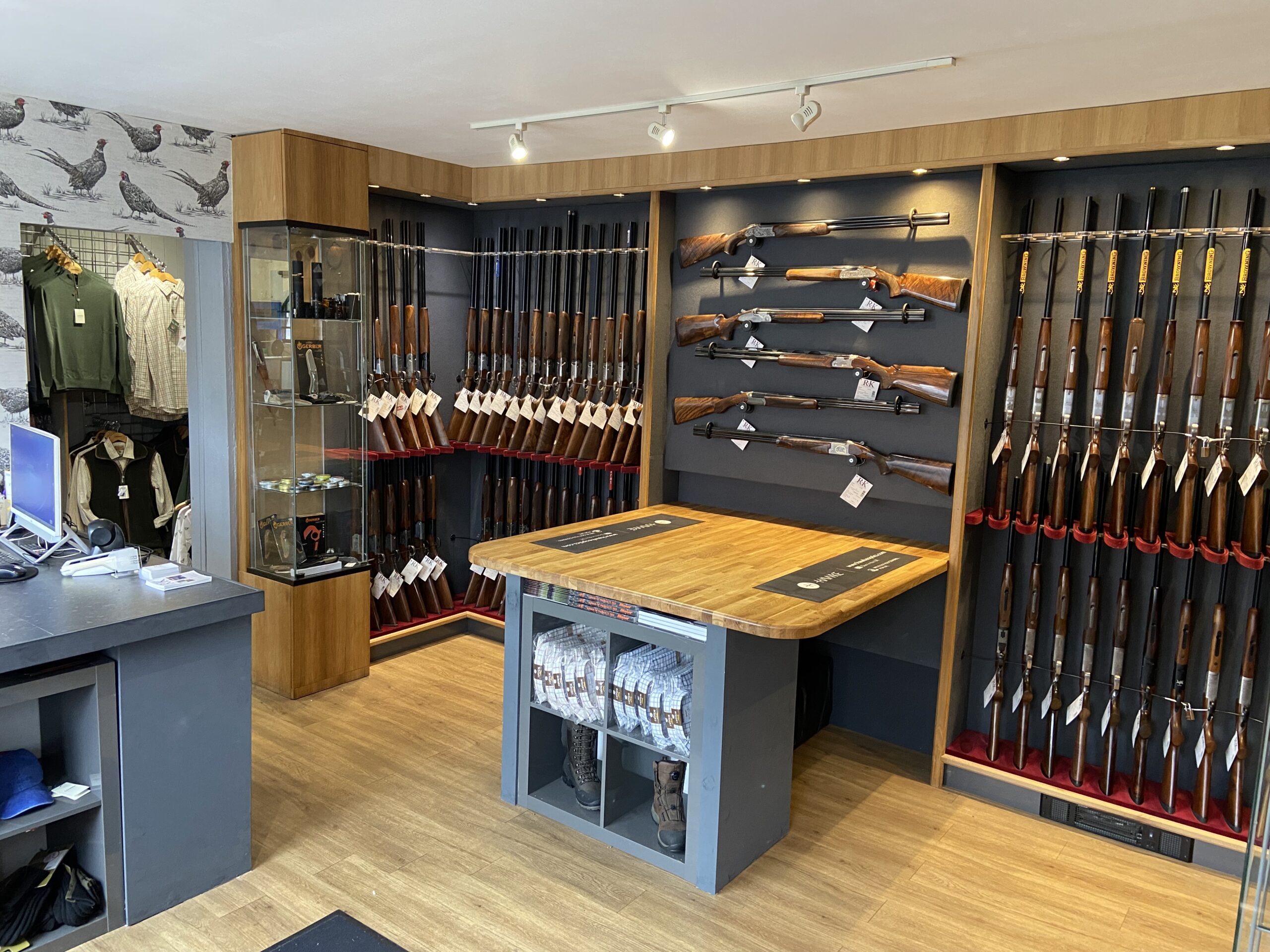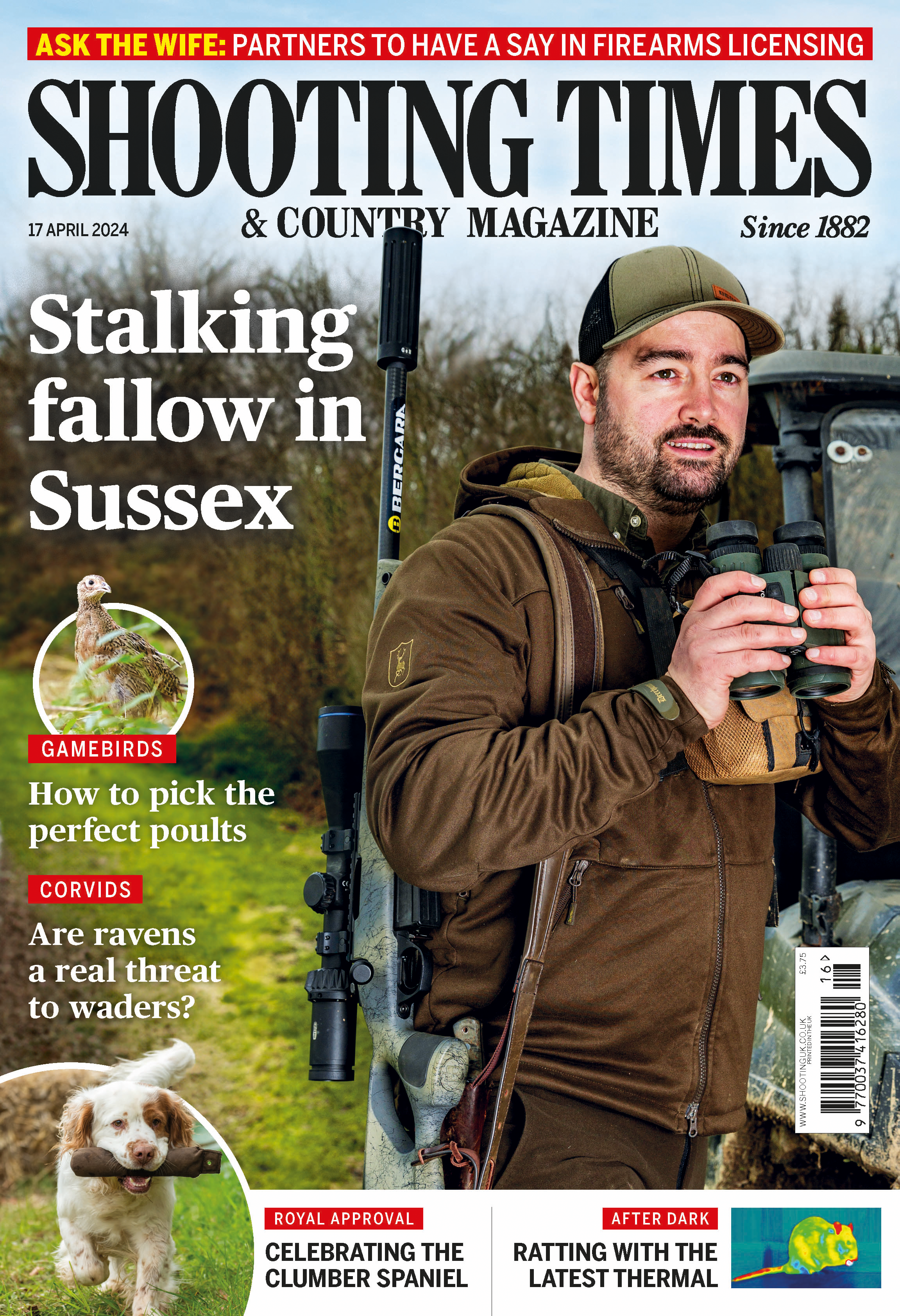A good man for Africa

For some 50 years I have enjoyed a close association with Shooting Times. As a former Editor and a regular contributor, I have been fortunate enough to meet and to have known many of the ?greats? of the shooting world, contributors such as Gough Thomas, Geoffrey Boothroyd, Oliver Kite, Denys Watkins-Pitchford (BB), Peter Moxon and, not least, the late Major Bruce Kinloch MC, to give him his full title. Bruce, who passed away a little over a month ago at the age of 91, was the last of a generation whose background and lifestyle owed so much to those years when Britain still had an empire and our influence in so many parts of the world brought benefits which, in my view, vastly outweighed any imperfections.
Born in India in 1920, Bruce came from a long line of soldiers and hunter-naturalists. His maternal grandfather, General Channer VC CB, won the Victoria Cross while serving with the 1st Gurkha Rifles in Malaya, while his paternal grandfather, Major-General A.A.A. Kinloch CB was the author of a highly acclaimed book on big game hunting. Educated at Berkhamsted and trained at Sandhurst, Bruce followed the military path of his forebears and, commissioned into the Indian Army, first served on the North West Frontier and then played a significant part in the Burma campaign where he won an immediate MC at the battle of the Sittang River in 1942. Five years later, having survived the war, Bruce retired from the old Indian Army, then being disbanded and, at the age of 28, decided to join the Colonial Service. It was the most significant move of his life. Posted to Kenya, his career as one of East Africa?s most distinguished game wardens and conservationists was finally kick-started.
Adventures in Africa
However, with recollections of the great white hunters such as ?Karamojo? Bell and Courtenay Selous, Bruce decided that he needed to arm himself with a battery for his new career. Short of funds, he wandered round the London gunmakers, first calling at B. Halliday & Co where he acquired, for a mere £97, a No. 2 of a pair of Holland & Holland Royals, built in 1897. He then needed a magazine rifle for African medium game and eventually tracked down a Westley Richards .318 which set him back £40! To complete his armoury he had to find a heavy rifle suitable for dangerous game.
Wandering into an auction house off the Strand he discovered an ancient dusty guncase with a label inscribed Manton and Son, Calcutta. Inside was a heavy double .470 made by William Evans. The reserve price was £30! Unable to remain for the auction, Bruce left a bid at the reserve price and, two days later, scarcely able to believe his good fortune, discovered that he owned the rifle! His battery now complete, East Africa and all its delights and high adventures awaited.
Posted as district officer to Kilifi on the Kenyan coast, Bruce spent two formative years controlling elephants, many of which, driven into the area by ivory poachers, were causing considerable damage among native shambas. In addition, he tracked and brought to justice the ivory hunters who were wreaking havoc among the elephant herds and black rhino. He then transferred to the Uganda Game and Fisheries Department as assistant to the chief warden whom, a year later, he was to succeed. Over the next decade, by reorganising and enlarging the game department, he was to play a major part in the development of Uganda?s national parks.
In 1960 he was to accept the post of chief game warden in Tanganyika (Tanzania) where his crowning achievement was the founding of the College of African Wildlife Management at Mweka, near Moshi, at the foot of Mount Kilimanjaro. Designed to train Africans to become game wardens in the newly independent African countries, it was to prove extremely successful. However, Bruce was forced to retire in 1964 with the ?Africanisation? of Tanganyika and East Africa. He subsequently undertook two short-term assignments as wildlife advisor in Rwanda and Botswana and then, in 1969, was appointed chief game warden of Malawi where he developed the Department of National Parks and Wildlife Management.
Bruce?s 40-year career as game warden and conservationist in East Africa encompassed the highs and lows of a thrilling and adventurous life, one which is unlikely ever to be repeated today. Retirement, first to Britain for a spell and then in the 1980s to Spain, brought the comfort and ease of good friendships and a modest amount of sport, usually with a fly rod to hand. It also provided the opportunity to write.
A craftsman with the pen
In 1972 his famous book The Shamba Raiders was published by Collins, to be followed by Sauce for the Mongoose and Game Wardens in Africa. A superb craftsman with the pen, Bruce?s writings extended to the sporting press and, as Editor of Shooting Times, I quickly commissioned him to write a series of articles called Glorious Firsts. Based on his adventurous and sporting life in India and Africa, and his love of wildfowling and deerstalking in Scotland, these features proved extremely popular with the readership.
Our correspondence developed into a friendship. Bruce and his charming wife, Elizabeth, were then living near Mojacar, Andalucia and at their invitation I spent several days with them. My visit could scarcely have commenced on a worse footing! Having kindly met me at the airport, Bruce drove me to his villa on a rocky hillside overlooking the sea. We were greeted by Elizabeth and their bouncing English springer, a delightful dog which they both adored.
Would I, suggested Bruce, like to take the dog for a stroll up the hillside, simply to stretch my legs after the flight? The walk was pleasant, the views stunning and all seemed well when we returned an hour later. Shortly afterwards, however, to our horror the dog suddenly went into convulsions. The only vet available was at a drinks party and we were forced to watch the dog die in agony over a period of an hour. It had been poisoned with strychnine. Apparently it was the custom of local partridge shooters to lace scattered meat with the poison in order to kill any dogs or other animals which they felt might interfere with their sport. During my walk I had briefly noticed the spaniel pick something up but had thought nothing of it.
Overseeing the death of your host?s dog is not calculated to cement a long-lasting friendship, but both Bruce and Elizabeth, realising it was not my fault, forgave me and, in some curious way, the dreadful incident proved to be a catalyst to our lasting friendship.
Now Bruce has gone. I attended his funeral, held in a tiny thatched church in an unspoilt part of Herefordshire where he spent his last days. A Gurkha piper played a lament and two Gurkha soldiers in dress uniform formed a guard of honour as his Union-draped coffin was borne into the church, packed with friends who had known and loved this remarkable man. We shall not see his like again.








